Complexity Definition

Understand how we assess product complexity.
Every product is unique. To deliver the most accurate digital twin of your item, we categorize each project by complexity. This ensures fair pricing and appropriate creative treatment.
Product Complexity Levels
Simple Products
-
Shape
Clean and minimal — straight lines, flat surfaces, no intricate parts.
-
Surface
Easy-to-render, non-transparent materials (e.g., plastic, metal, matte finish).
-
Variety
Low material/texture variation (1–2 surfaces max).
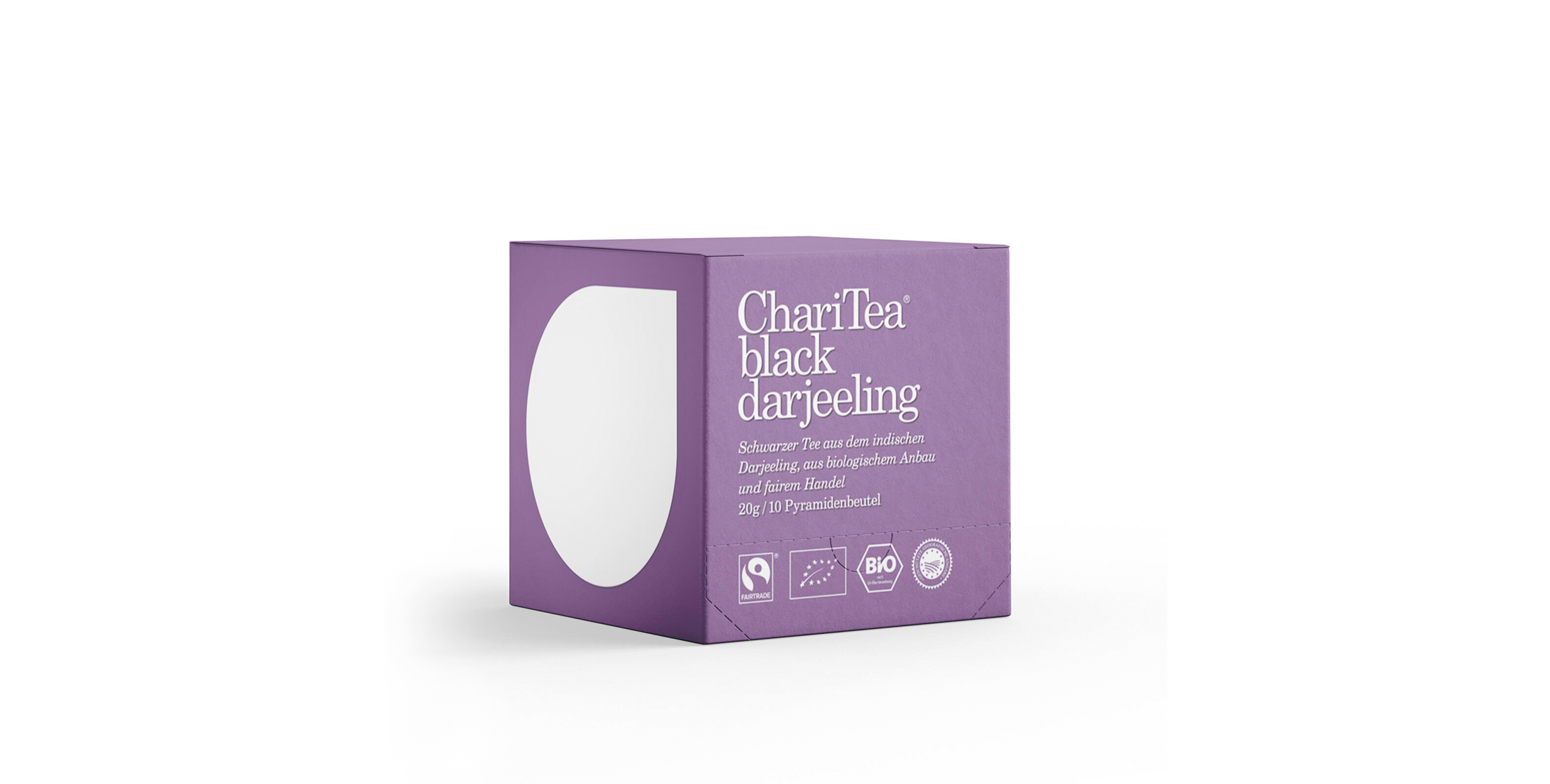
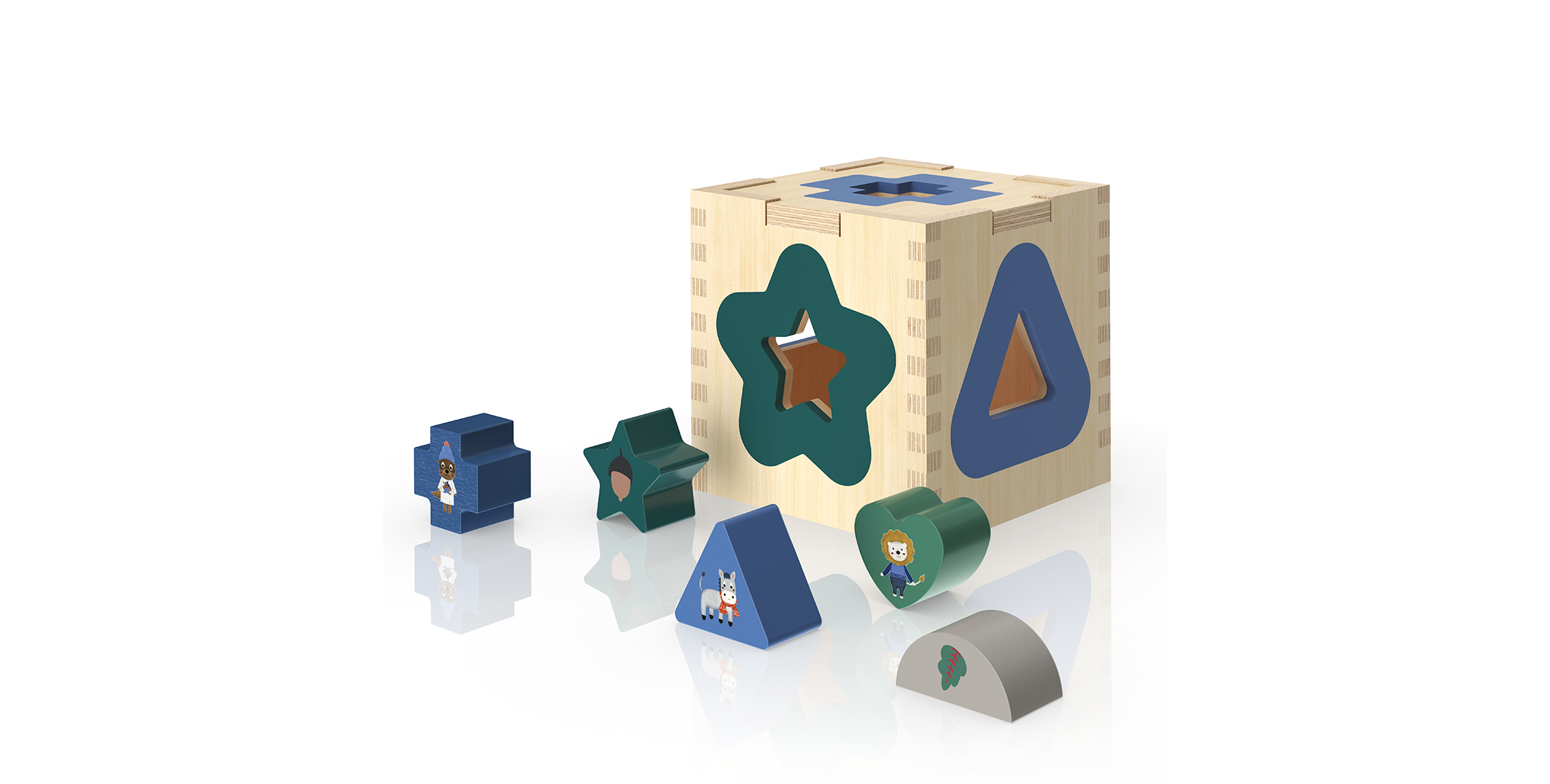
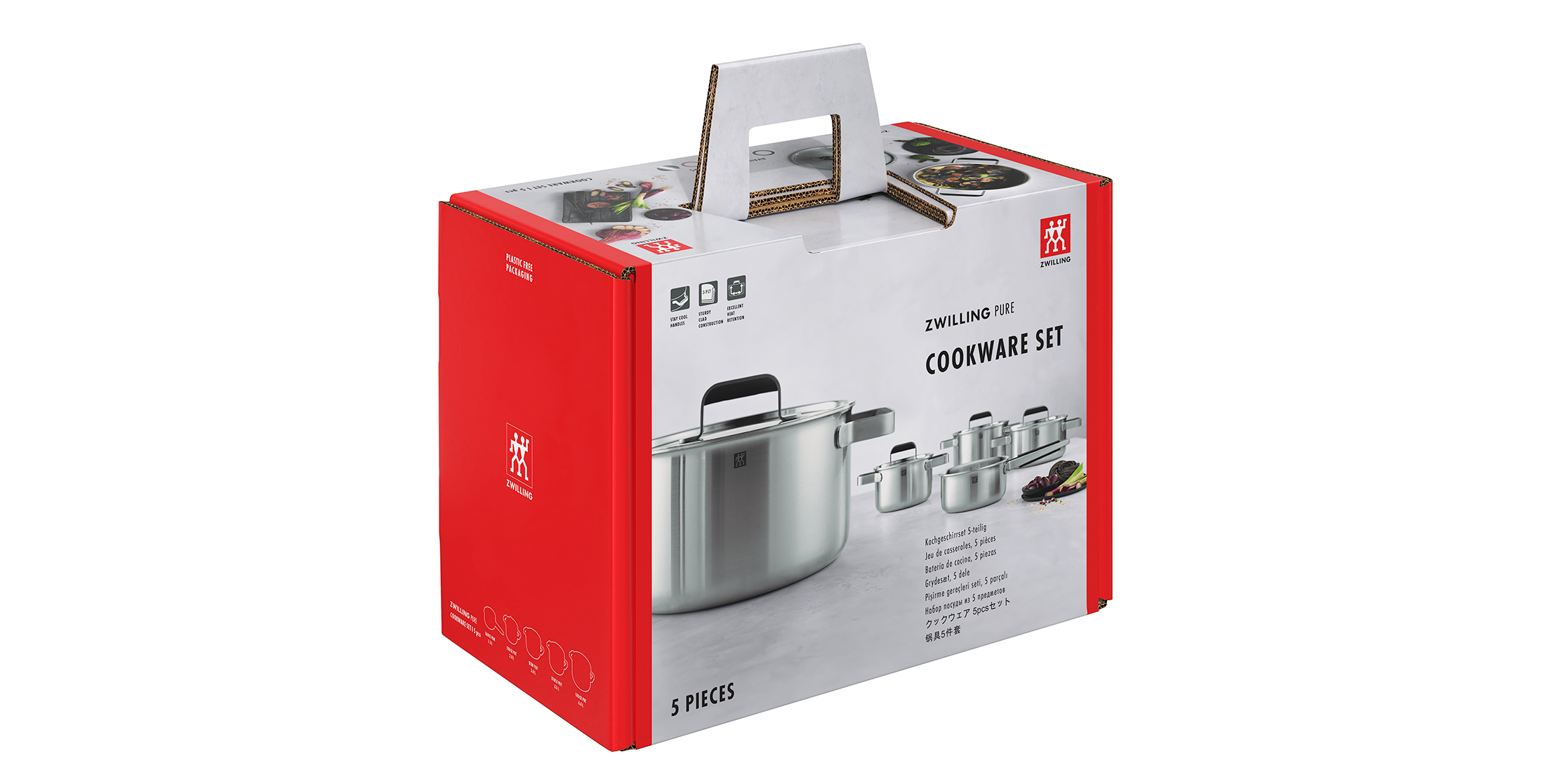
Medium Complex Products
-
Shape
Mostly simple but with a few distinct or irregular design features.
-
Surface
Slightly textured or semi-complex (e.g., wood grain, fabric, brushed metal).
-
Variety
Up to 4–5 material or color variations.
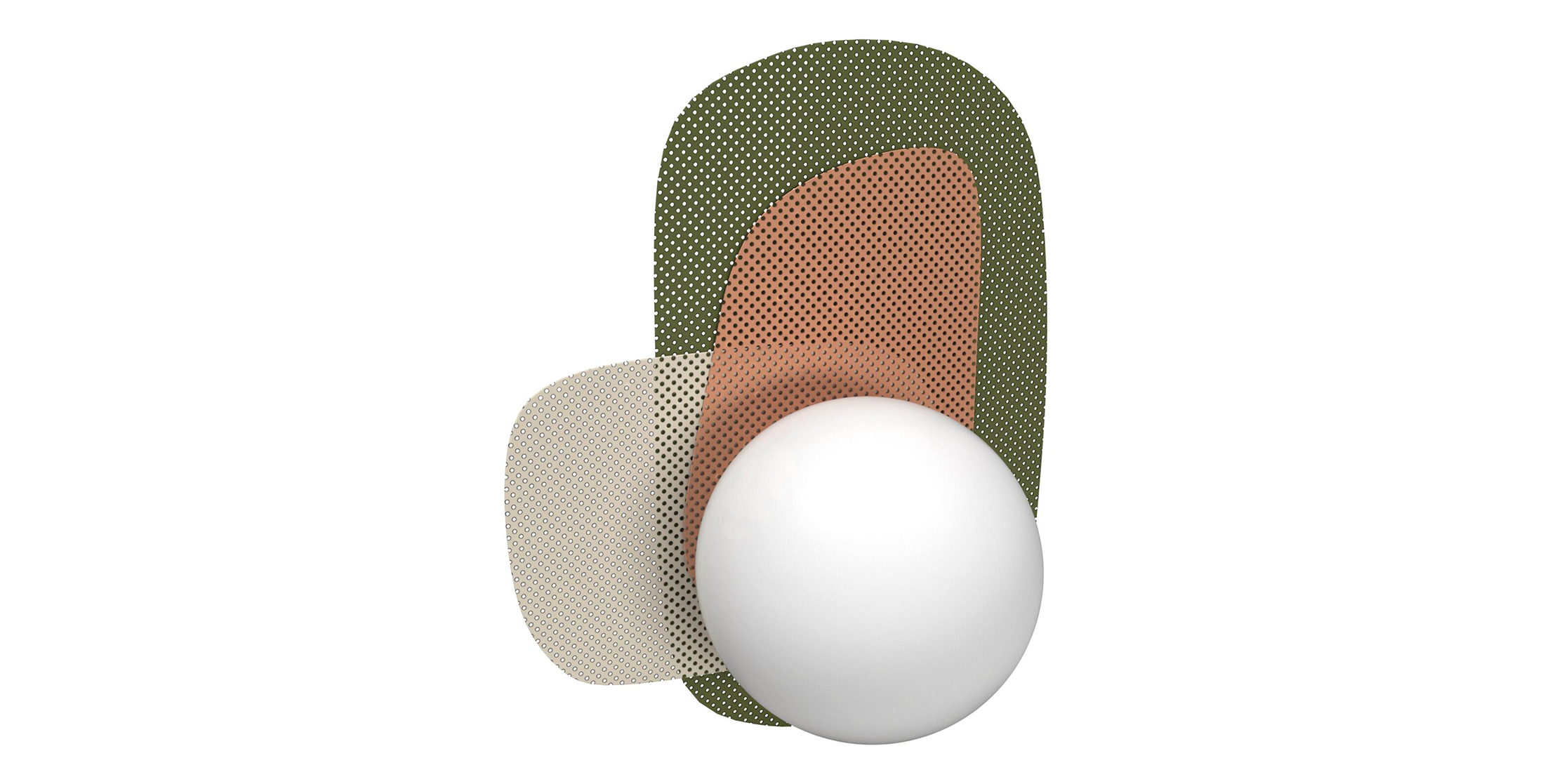
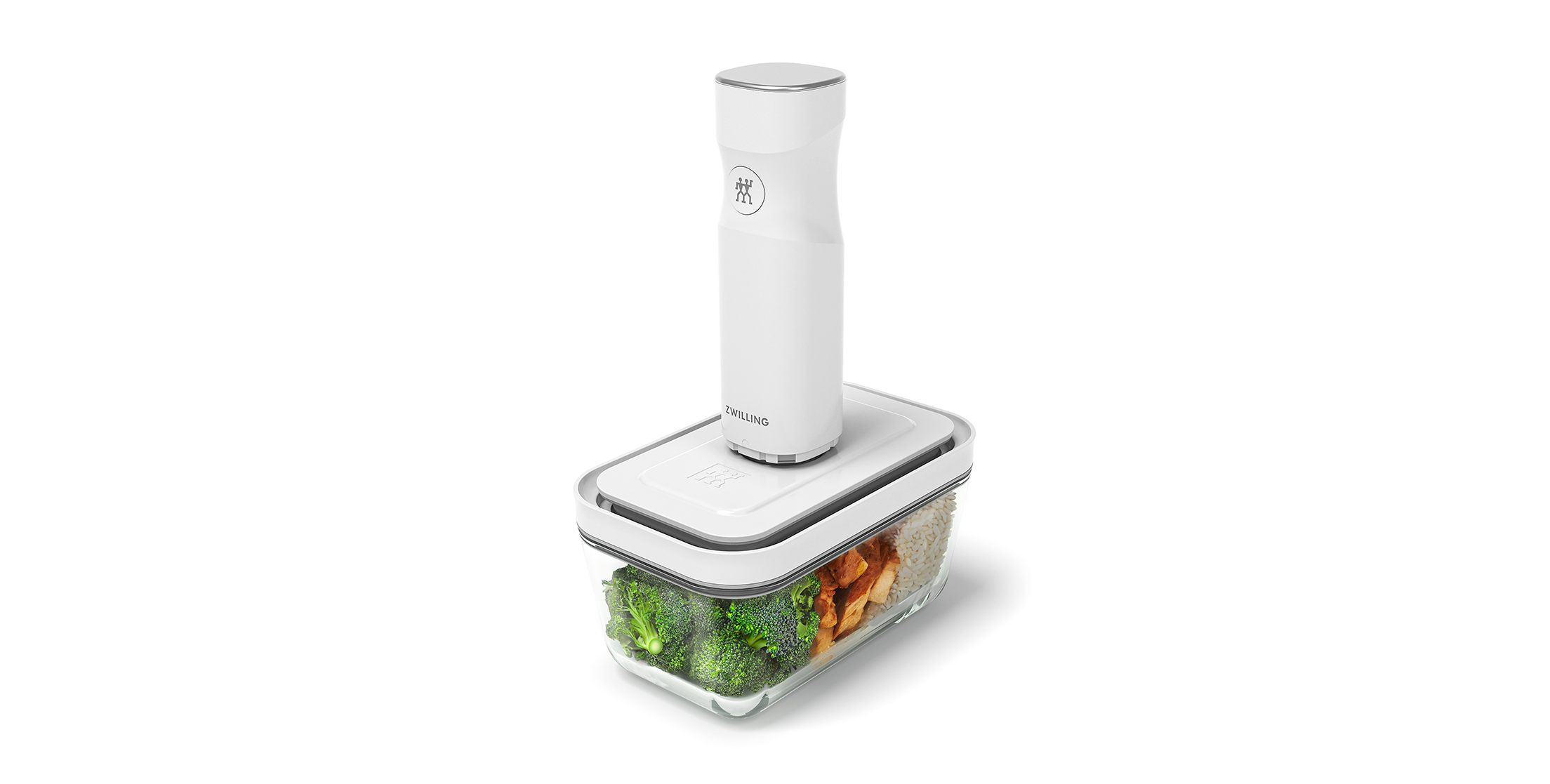
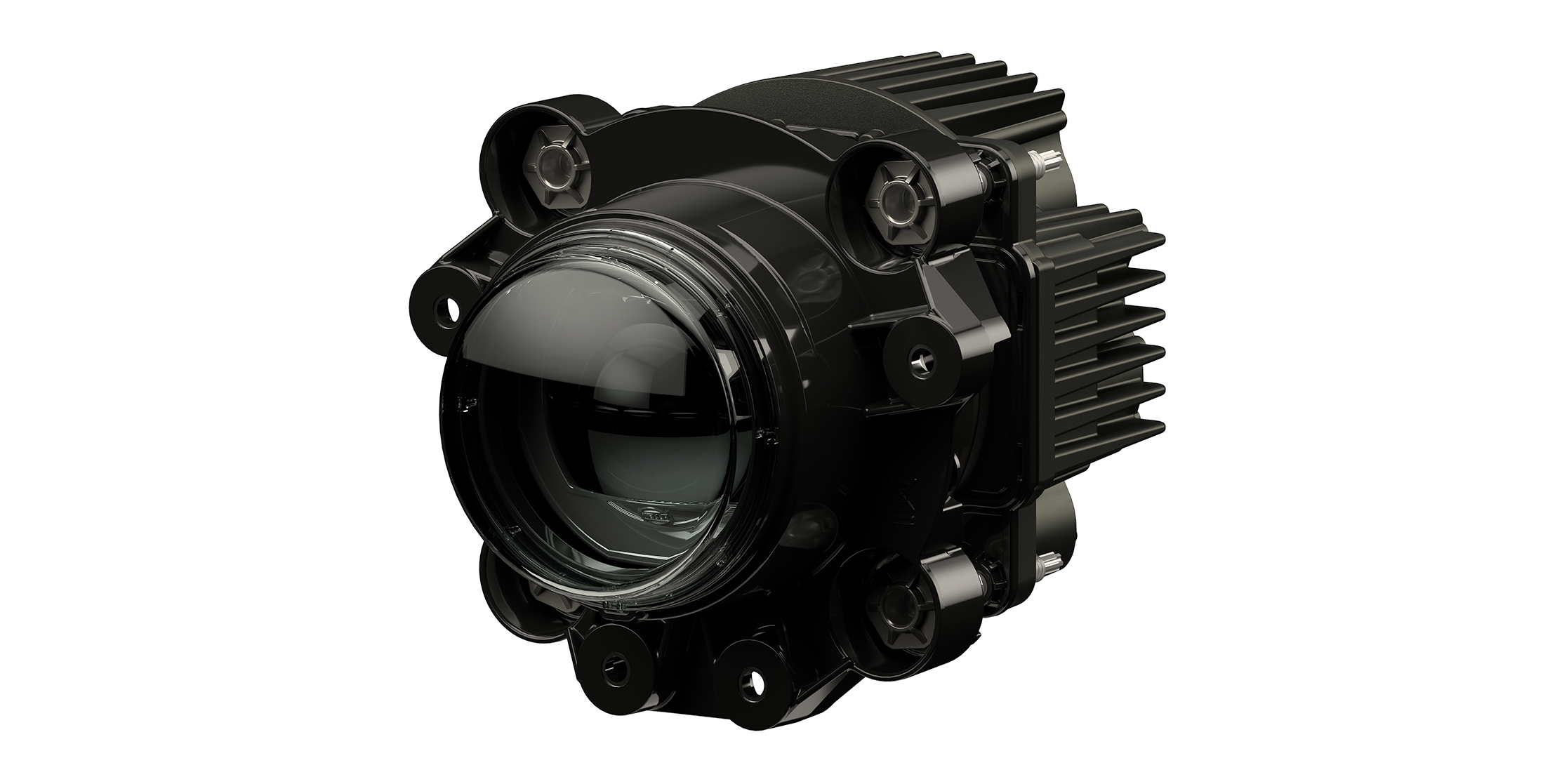
Complex Products
-
Shape
Irregular, sculptural, or organically shaped. Requires custom modeling.
-
Surface
Highly reflective or textured (e.g., glass, fur, food, hair, or gloss).
-
Variety
Wide range of textures, surfaces, and intricate detailing.
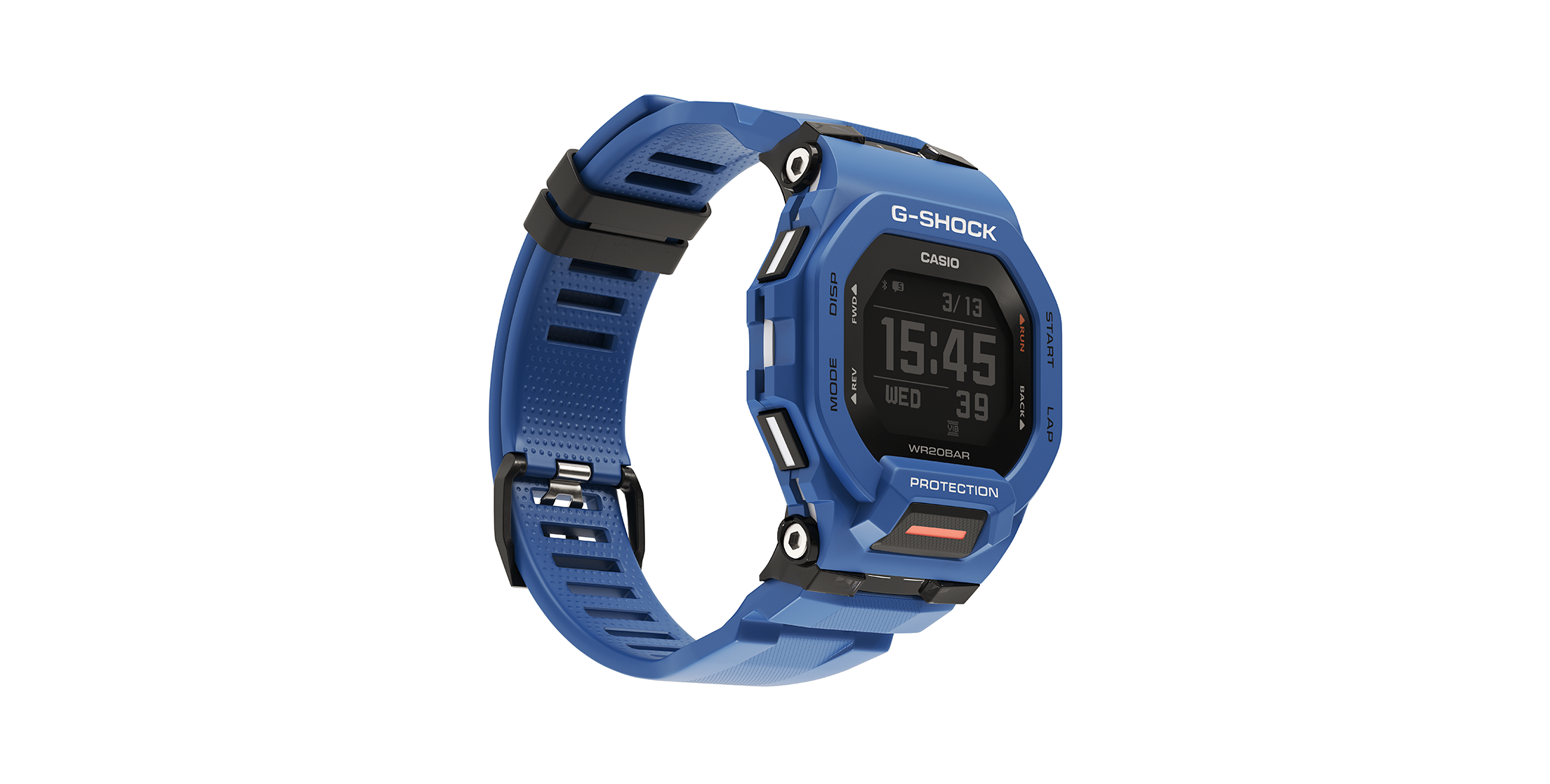
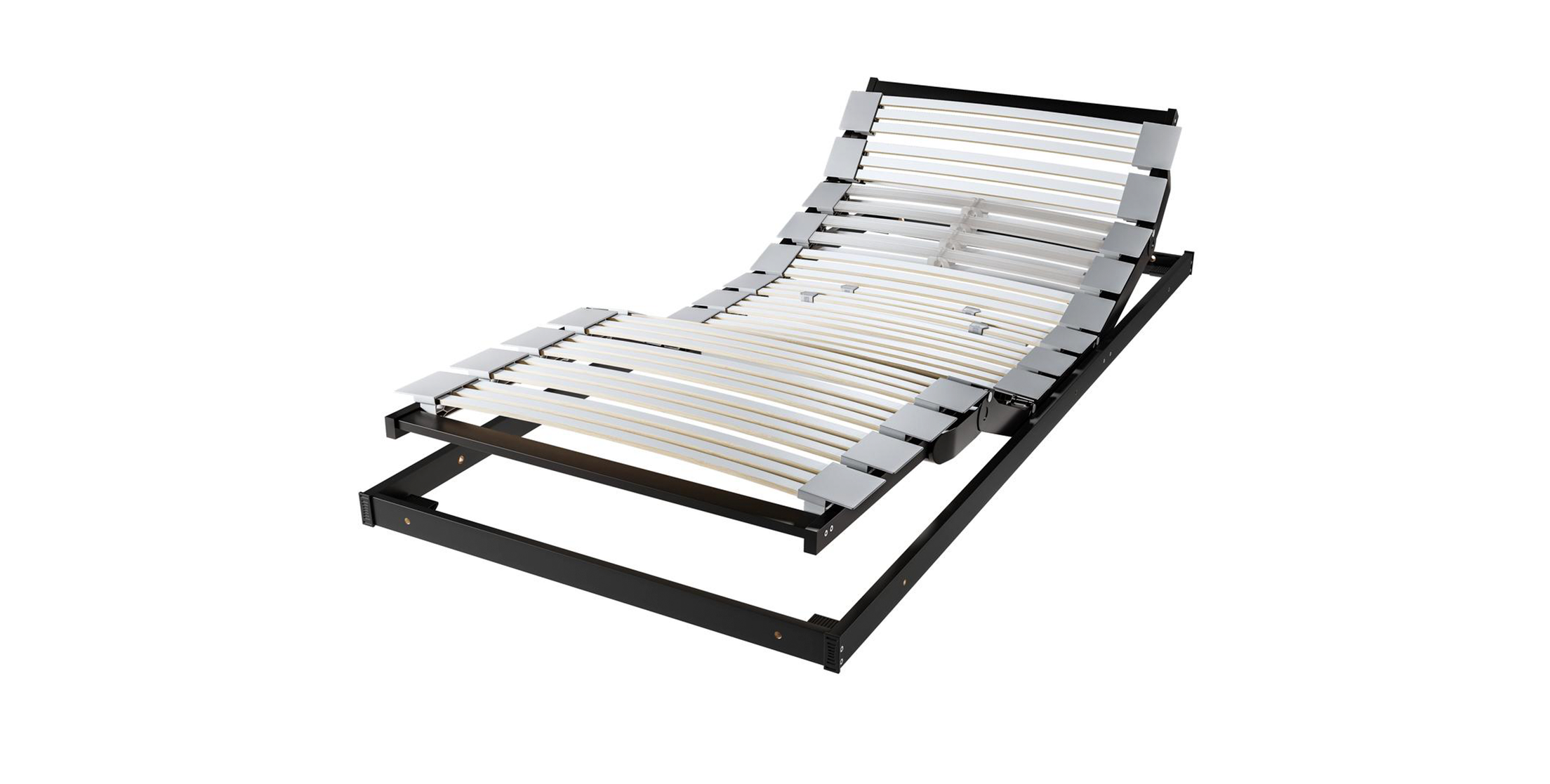
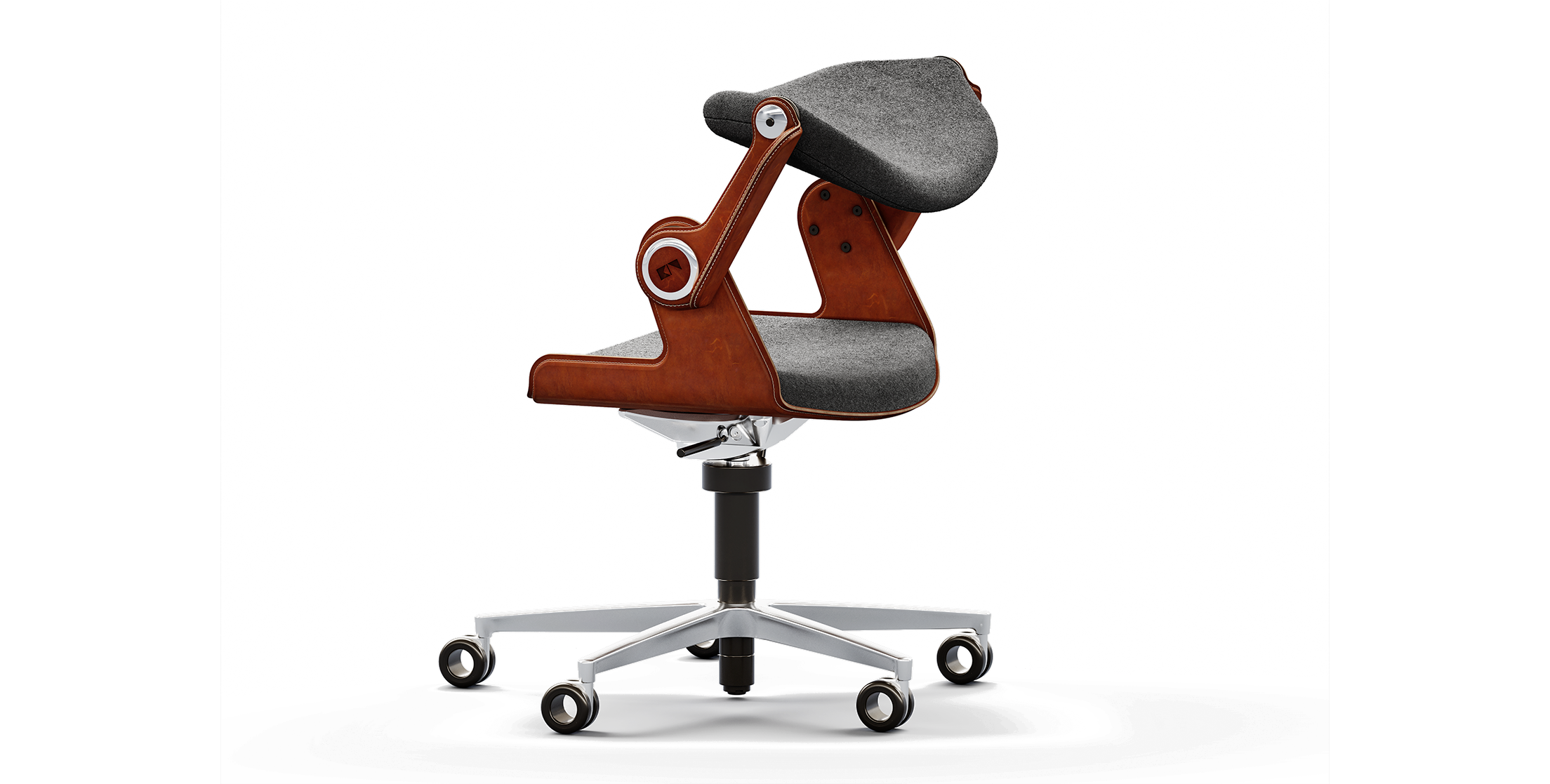
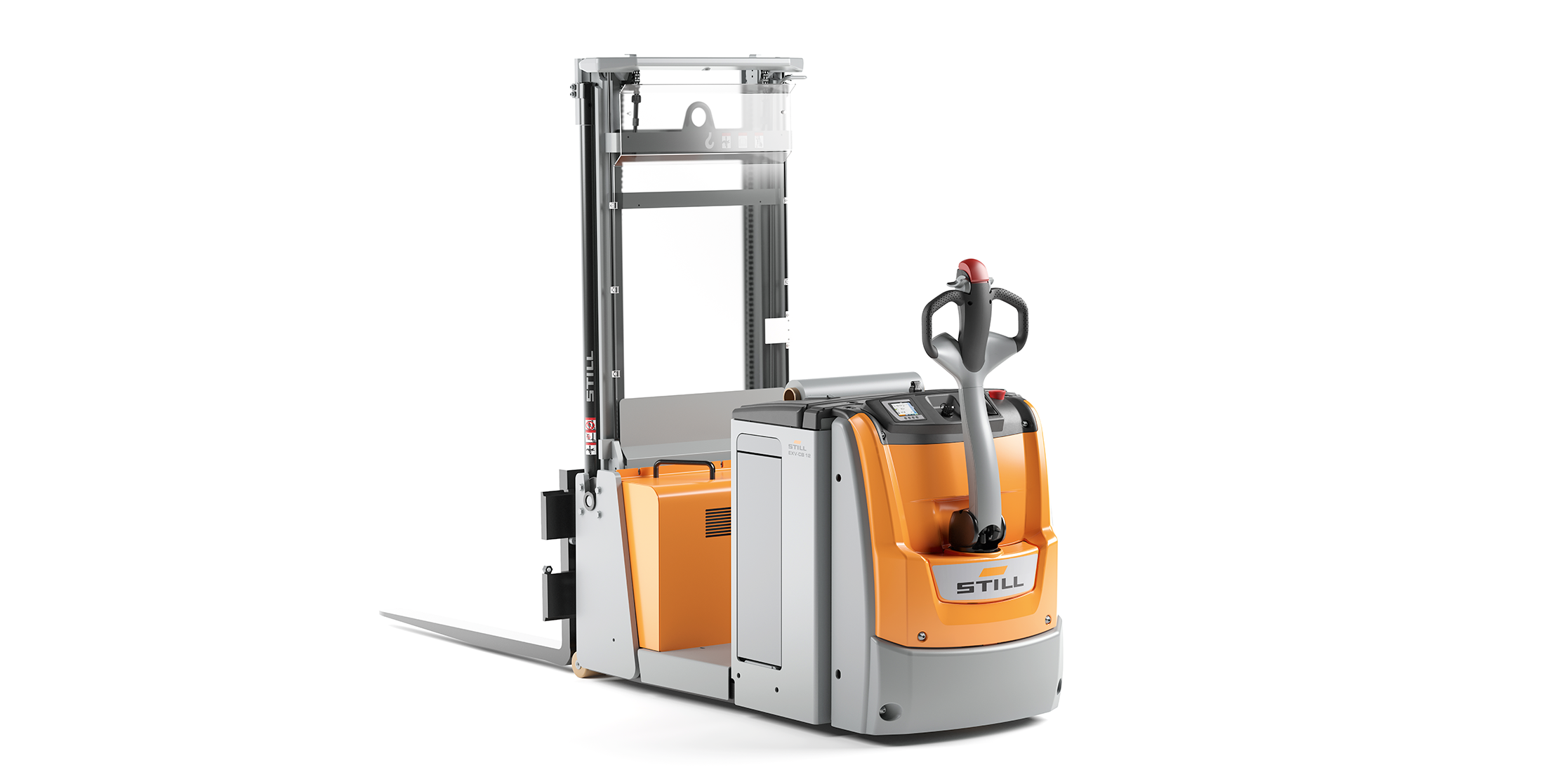
FAQ
1. What if my product has a complex shape but an easy surface?
Choose what feels closest based on your best judgment. During our debriefing process, we’ll double-check your selection and confirm the right category
2. What if ContentKick disagrees with my selected complexity?
No problem — we’ll clarify and discuss this during the review. If you’re unsure beforehand, feel free to contact us before submitting.
3. Does complexity affect production time?
Yes, especially for highly detailed or specialty models. That said, even complex projects usually remain within our standard turnaround — most are delivered in under 2 weeks.
4. What if I’m not sure my product fits any package or pricing tier?
Don’t worry. Just explain your needs in the order process — we’ll help refine the package or create a custom fit during debriefing.
Get started now
-
Basic Packshot – Single Product Image
Precio habitual A partir de €113,00 EURPrecio habitualPrecio unitario / por -
Product Flyaround Animation – Smooth 3D Product Animation
Precio habitual A partir de €600,00 EURPrecio habitualPrecio unitario / por -
Lifestyle Scene – Basic – Simple Product-in-Scene Image
Precio habitual A partir de €150,00 EURPrecio habitualPrecio unitario / por -
Lifestyle Scene – Custom – Fully Customized Lifestyle Image
Precio habitual A partir de €750,00 EURPrecio habitualPrecio unitario / por




